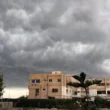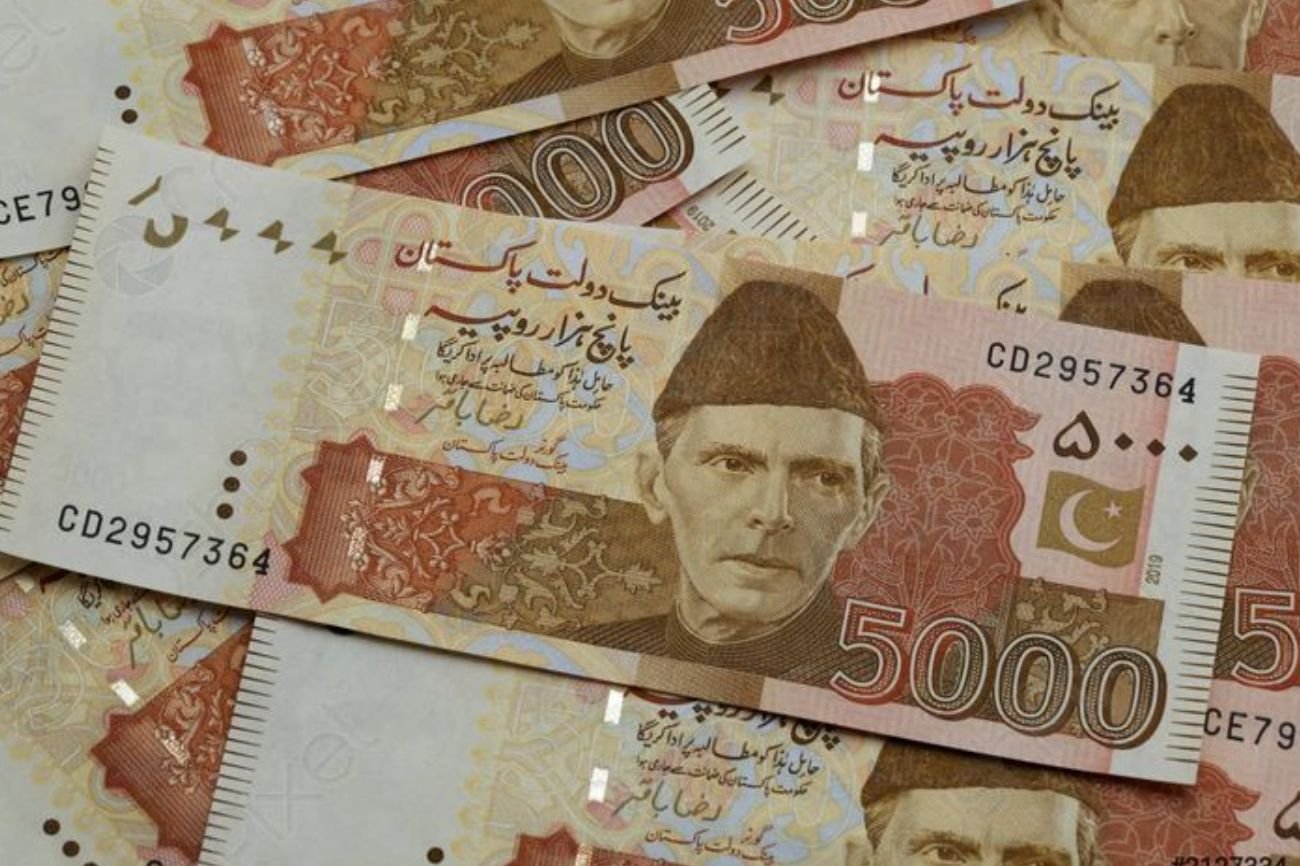As of July 1, Pakistan’s real estate market has seen significant changes in tax regulations, with increases in taxes on the sale of houses, flats, and plots. This adjustment is part of broader measures that could reshape the landscape of property transactions across the country.
Tax Increase on Property Transactions
The Federal Board of Revenue (FBR) has introduced higher tax rates on property transactions, which are expected to have a substantial impact on both buyers and sellers. Specifically, non-filer buyers will now face a 10.5% tax on property purchases, up from the previous rate of 7%. Similarly, sellers will be required to pay a 6% tax, an increase from the earlier 4%.
This tax hike is particularly significant for non-filers, who are already at a disadvantage compared to filers when it comes to property transactions. The higher tax rate is likely to discourage non-filers from entering the market, potentially slowing down property sales and affecting overall market liquidity.
Excise Department’s New Initiative: Taxing Vacant Plots
In parallel, the Excise Department has decided to extend property tax collection to vacant plots across the province, including major cities like Lahore. This decision aims to bring more vacant properties under the tax net, potentially increasing annual revenue by one to one and a half billion rupees.
Additional Director General Rizwan Sherwani has announced that geo-tagging will be employed to identify vacant plots that are currently not paying property tax. This geo-tagging initiative will help the Excise Department accurately locate and assess all vacant plots within the rating areas, ensuring that no taxable property goes unnoticed.
According to Sherwani, there are over 115,000 vacant plots across Punjab that are already in the tax net, with a significant concentration—more than 70%—in Lahore’s large housing societies. The department expects to include an additional 300,000 to 320,000 vacant plots in the tax net through this initiative.
The annual tax on vacant plots, based on their location within the rating area, ranges from 3,000 to 12,000 rupees. This additional revenue from newly identified plots will be a significant boost to the province’s finances.
Impact on Property Owners and Investors
These changes in tax policies could have far-reaching implications for property owners, investors, and the broader real estate market in Pakistan. For one, the increased cost of transactions may lead to a slowdown in the buying and selling of properties, particularly among non-filers who now face higher tax burdens.
Moreover, the taxation of vacant plots is likely to push property owners to either sell or develop their land rather than holding onto it as an investment. This could lead to an increase in the availability of developed properties on the market, potentially impacting property prices.
The move to tax vacant plots also addresses a long-standing issue in Pakistan’s real estate market, where large amounts of land remain undeveloped and untaxed, contributing to urban sprawl and inefficient land use. By bringing these plots into the tax net, the government hopes to encourage more productive use of land and generate additional revenue.
Broader Economic Implications
These tax adjustments are part of a broader strategy by the Pakistani government to increase tax revenue and ensure that wealthier segments of society contribute more fairly to the national exchequer. While these measures are likely to increase government revenue, they may also lead to a cooling of the real estate market, as higher taxes can dampen demand.
The increased tax burden on property transactions could particularly impact the middle and upper-middle classes, who are more likely to be involved in property purchases and sales. For investors, the new taxes may make real estate a less attractive investment compared to other asset classes.











